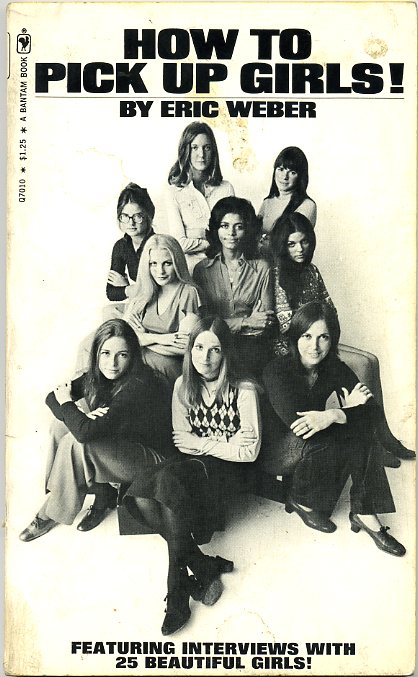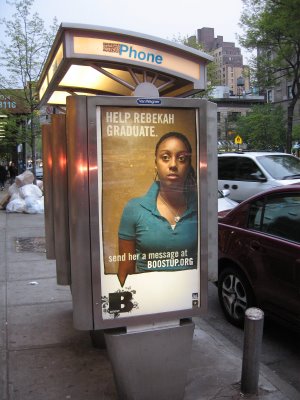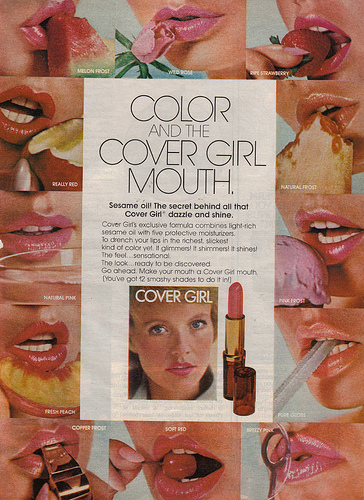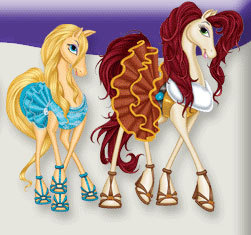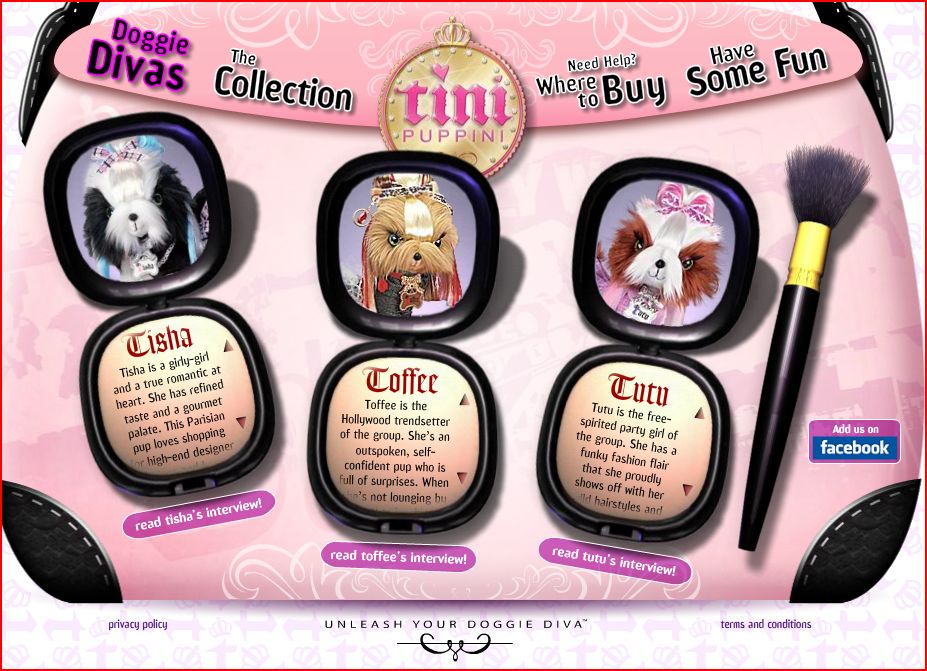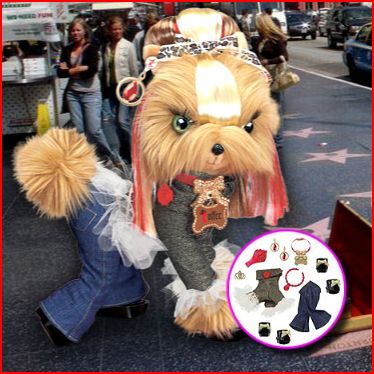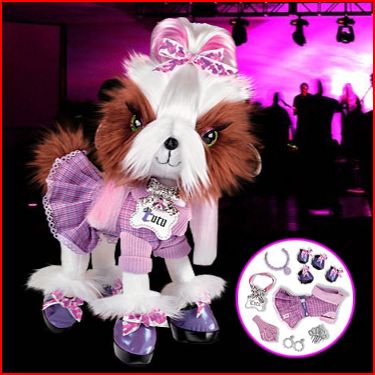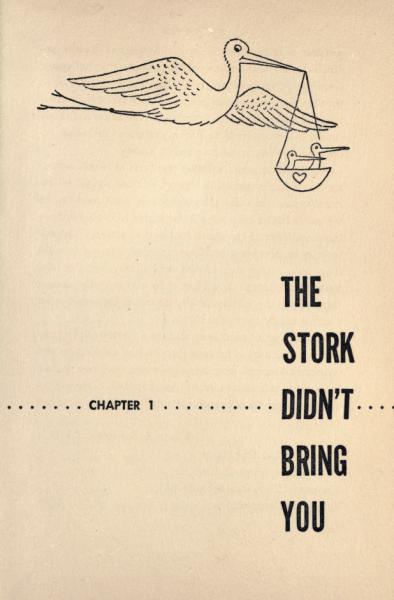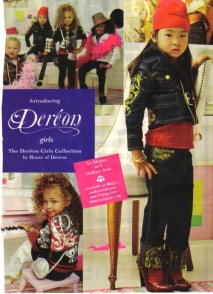
This “Onslaught” ad by Dove has garnered a lot of attention and positive press:
The idea, of course, is that we need to protect our daughters from the images that may harm their self-esteem or make them uncomfortable about their bodies. A great message, no doubt.
However, corporate activism usually has limits and contradictions (as do most things in life, really). Miguel sent us this ad spoof that points out that many of the images the Dove ad says we should be protecting our daughters from are actually used in Axe ads–and Axe is owned by Unilever, the same company that owns Dove.
So Unilever manages to target both markets–those who respond to sexualized images and those who find them harmful–through different brands. This is a common tactic–because large multinational companies own so many different brands, they can market to many different groups of consumers; when we reject one product because of its production process or advertising and buy another instead, there’s a very good chance we’re buying from the same corporate entity, just a different brand name.
As one blogger nicely put it:
It’s a parent’s responsibility to make sure the damaging messages they themselves produce don’t reach your kids.
That is, Dove is telling parents to protect their kids, as if Dove CARES, but Dove’s parent company is producing those very same messages. (It’s kind of like a single corporation owning a beer company and running Alcoholics Anonymous. How very convenient for both.)
A commenter pointed out that Greenpeace made an ad based on Dove’s “Onslaught” commercial that brings up the effects of palm oil production in the destruction of forests in Indonesia:
Thanks, Dangger!
NEW: There is a terrific post at Moment of Choice about one woman’s experience auditioning for a Dove Real Woman commercial. From the post:
Under the guise of looking for women who felt truly comfortable in their own skin, no matter what they looked like, they asked us to bare all or most of it, to prove just how comfortable we really were…A young peppy assistant demonstrated how they wanted us to shake our hands in the air like we just didn’t care and do a full 360 for the camera and male judging panel.
It’s a fascinating inside look at a process most of us never take part in, and reinforces the fact that corporate activism often covers an awful lot of business-as-usual behind the scenes.

